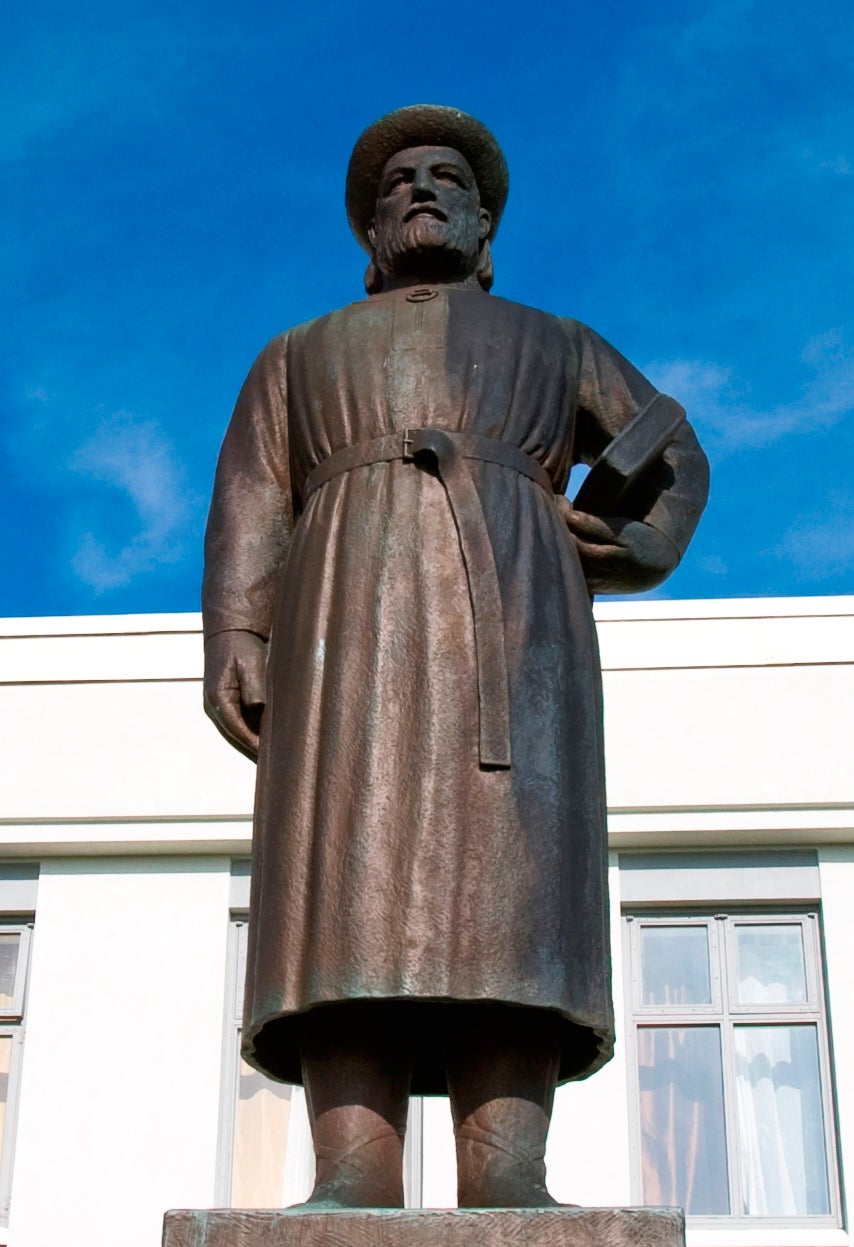Snorri Sturluson, one of Iceland’s most influential medieval figures, was born in 1179 at Hvammur in Dalir, West Iceland. His life was shaped by power struggles, political intrigue, and literary brilliance, making him one of the most fascinating figures of the 13th century.
Early Life and Education at Oddi
When Snorri was just three years old, his father, Sturla Þórðarson, became embroiled in a dispute with Páll Sölvason of Reykholt. To resolve the conflict, Iceland’s law-speaker, Jón Loftsson, was called in as a mediator. Jón was the grandson of King Magnus Barefoot of Norway, giving him significant influence.
As part of the settlement, Jón offered to foster young Snorri, and he was sent to Oddi, one of Iceland’s primary cultural and intellectual centers. Oddi had been a center of learning since the time of Sæmundur the Wise, Jón’s paternal grandfather. This unique upbringing exposed Snorri to literature, law, and politics—an education that would later shape his work as Iceland’s greatest medieval writer.
Marriage and Rise to Power
At nineteen, Snorri’s marriage was arranged to Herdís, the only daughter of Bersi the Wealthy of Borg in Borgarnes. This union secured him control over the estate of Borg, which had once belonged to Egill Skallagrímsson, the legendary Viking poet and warrior.
In 1202, Snorri inherited the goðorð (chieftainship) of Mýrar from his father-in-law. Over the following years, he expanded his power, acquiring multiple chieftainships and rising to become one of the most influential men in Iceland. His nephew and student, Sturla Þórðarson, later wrote in Íslendinga saga:
"And he became a great magnate, and did not lack money."
However, despite his growing influence, Snorri's power would ultimately lead to his downfall.
Political Ambitions and Conflicts
Snorri’s success came with its share of problems. Though he was a skilled politician, he was also known for his pragmatism and opportunism—traits that alienated many of his peers.
Ironically, despite his deep commitment to Icelandic heritage, he was the first Icelander to openly align with the Norwegian crown. In 1218, he traveled to Norway and formed ties with King Hákon Hákonarson and his regent, Earl Skúli, agreeing to act as their representative in Iceland. This move caused controversy, as many Icelanders saw him as a traitor to Icelandic independence.
Unlike other powerful chieftains of his time, Snorri avoided armed conflict, a decision that his nephew, Sturla Þórðarson, interpreted as cowardice. However, it is also possible that Snorri—a man of words rather than swords—simply wished to avoid unnecessary bloodshed.
Assassination and Legacy
Snorri’s political alliances eventually led to his downfall. His former son-in-law, Gissur Þorvaldsson, was ordered by King Hákon IV of Norway to capture or kill Snorri in order to eliminate his influence in Iceland.
On the night of September 23, 1241, Gissur and his men stormed Snorri’s estate in Reykholt and assassinated him in his own home.
Ironically, despite being executed on the orders of a Norwegian king, Snorri had already secured his own immortality through his writings. His works, which glorified the Norwegian monarchs and Norse mythology, became the most enduring tribute to the very kings who sought his downfall.
Today, I have the privilege of working in Snorrastofa, the same place where Snorri lived and died. His legacy is still felt here, and every day, I walk in the footsteps of one of Iceland’s greatest storytellers.
Snorri Sturluson’s Greatest Works
Snorri’s contributions to literature and history are unparalleled. His most famous works include:
- Heimskringla – A sweeping history of the Norwegian kings, from legendary times through the early 13th century.
- The Prose Edda – The most comprehensive source on Norse mythology, preserving stories of Odin, Thor, Loki, and Ragnarök.
- Íslendinga saga – Part of Sturlunga saga, documenting the violent power struggles of 13th-century Iceland.
Without Snorri’s writings, much of Norse mythology and Viking history would have been lost. His political ambitions may have cost him his life, but his words have made him immortal.














